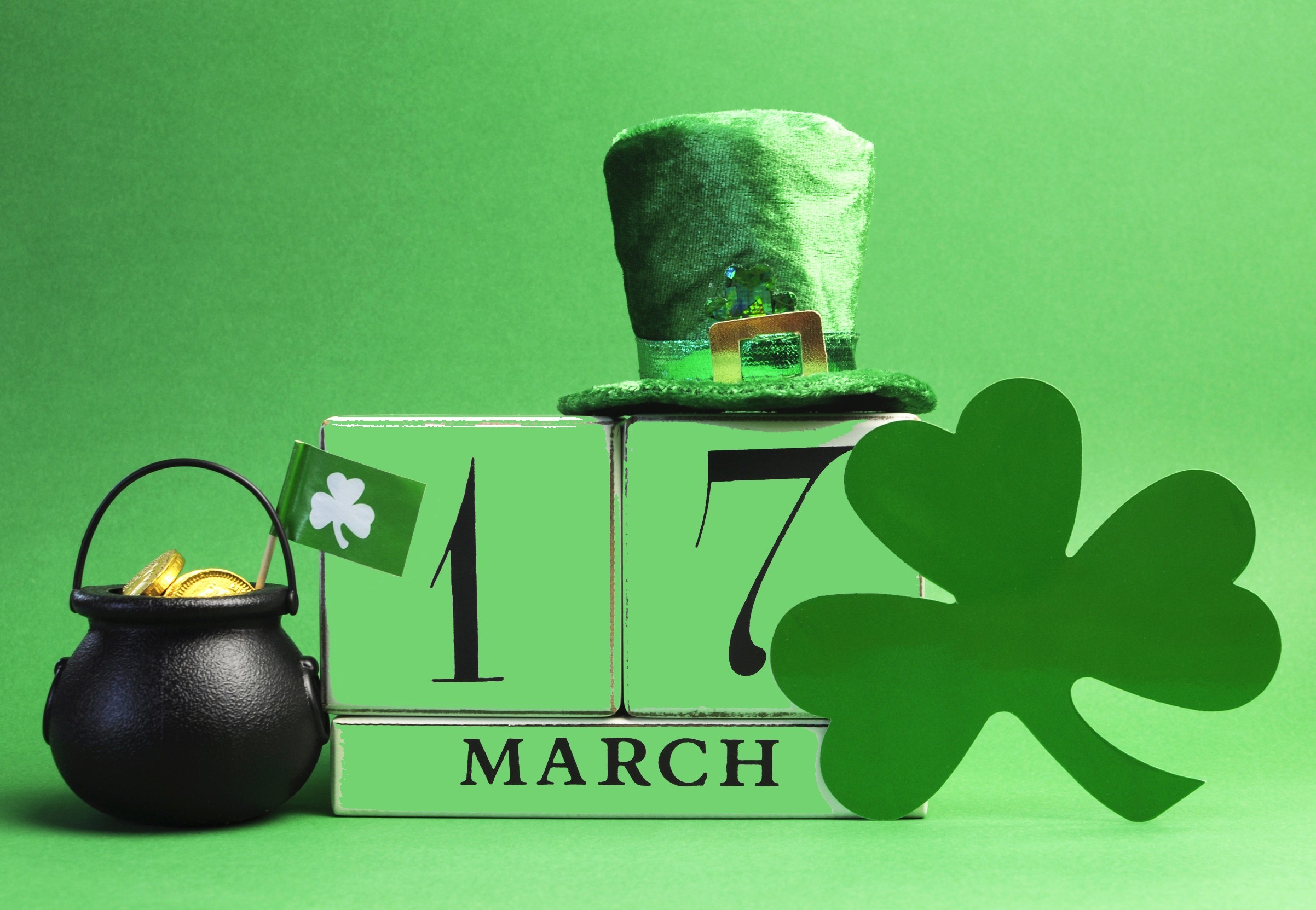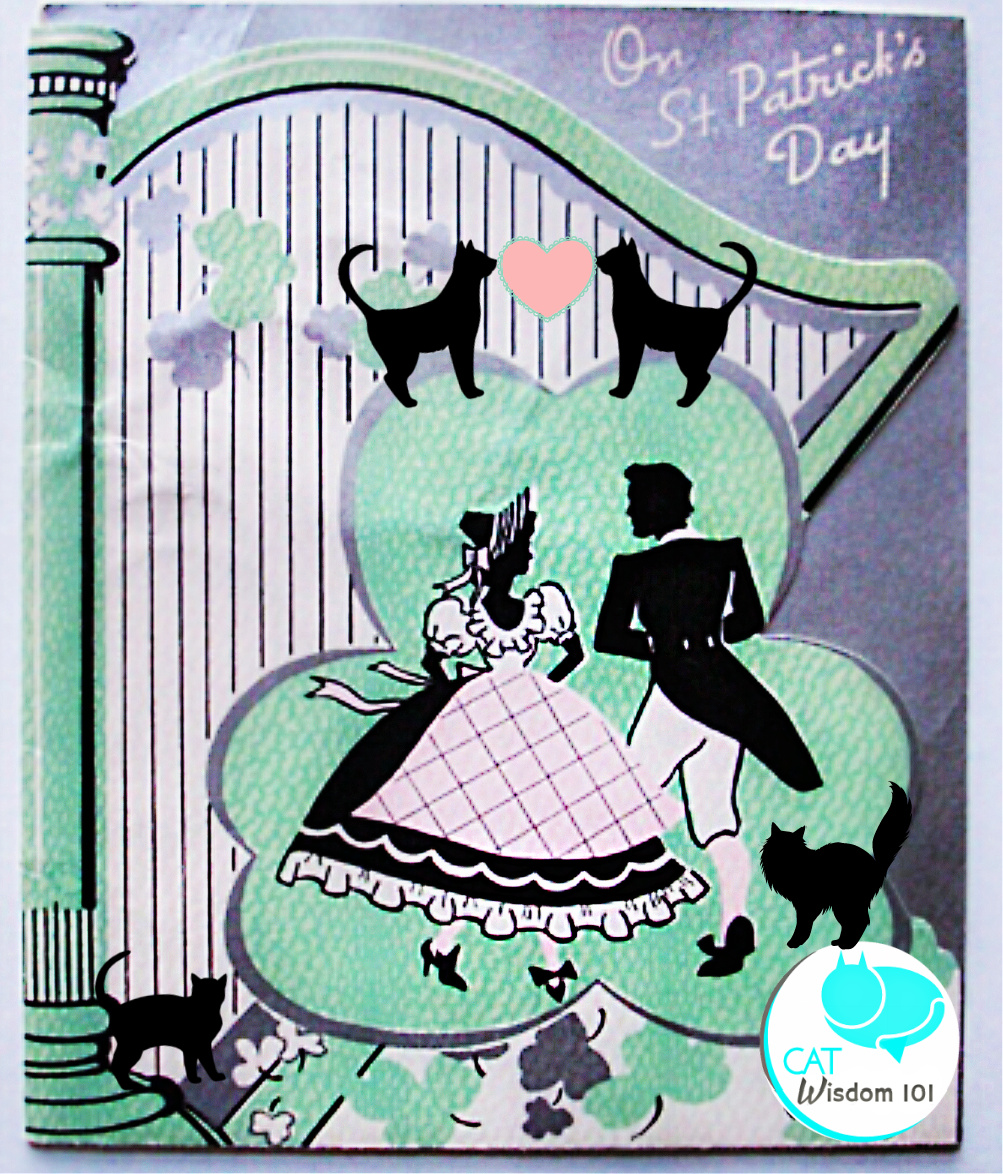Gallery
Photos from events, contest for the best costume, videos from master classes.
 |  |
 |  |
 |  |
 |  |
 |  |
 |  |
Saint Patrick (Latin: Patricius; Irish: Pádraig), traditionally dated to circa 385–461 CE, is celebrated as the Apostle of Ireland. His mission to convert the pagan Irish to Christianity in the fifth century stands as one of the most successful early Christian missionary endeavors in Europe. (Picture: Liberty Antonia Sadler for Metro.co.uk) 17 March is much more than just Guinness, pinching, and wearing green. Like many traditional holidays, St Patrick’s Day has roots in Paganism. March 17th, St. Patrick’s Day, a festival often associated with parades, shamrocks, and the colour green. In Ireland, the day is a national holiday, commemorating the patron saint who is said to have brought Christianity to the island. But beneath the layers of modern festivity lies a deeper and older story — one that speaks St. Patrick’s day commemorates the death anniversary of the revered saint of Ireland. Though St Patrick died in fifth century on 17th March 461 CE, it was only towards the early ninth or tenth century the Roman Catholic feast day of St. Patrick was observed. Most so-called Christian holidays have a pagan origin. Saint Patrick's Day may be a little different. Although, today the holiday is certainly wroth with pagan idolatry, this appears to be a case of a non-Biblical Christian holiday being made pagan rather than the usual pagan holiday being made Christian. What are the origins of St. Patrick’s Day? The history of St. Patrick’s Day begins with the man himself. Though many of the stories about him are shrouded in legend, there are some generally agreed upon facts. According to History.com, Patrick was born in Britain, but when he was 16, he was kidnapped from his home by Irish raiders. St. Patrick’s Day is a global celebration of Irish culture that takes place annually on March 17, the anniversary of the patron saint of Ireland's death in the fifth century. The holiday has St. Patrick’s Day, now a secular, cultural holiday here in the United States, has not always been celebrated this way. For the past millennium, St. Patrick’s Day has been a Christian holiday, honoring Ireland’s patron saint, Patrick, on the anniversary of his death. The holiday on March 17 th was not always Christian. In fact, it was And while the 17th of March was pegged as the day for celebrating the apostle of Ireland, the Church does occasionally move the date (like it did in 1940 and 2008 when St. Patrick’s Day fell during Holy Week and was thus shifted to April 3rd and March 15th respectively). So yeah, bottom line: the Church sets the date of St. Patrick’s Day. St. Patrick's Day, celebrated on March 17th, is a day marked by parades, festive gatherings, and a plethora of green clothing and decorations. It is widely St. Patrick's Day began as a Christian feast day to honor St. Patrick and his accomplishments. The first St. Patrick's Day parade was held in Boston in 1737, and the holiday became an official Irish holiday in 1903. Despite its Christian origins, many of the traditions associated with St. Patrick's Day have pagan roots. For example, the color Although St. Patrick’s Day (March 17) is a celebration of the “Emerald Isle’s” patron saint, the truth is that the festivities have a number of pagan symbolism that can be found commonly in Ancient Greek and Celtic mythology. St. Patrick’s claim to fame is that he drove the snakes from Ireland. Today, New York City’s annual St. Patrick’s Day Parade is one of the largest and most famous in the world, attracting millions of spectators. St. Patrick’s Day in Modern Times. Today, St. Patrick’s Day is celebrated far beyond Ireland and Irish immigrant communities. Modern Paganism will tell you that St Patrick was evil, established patriarchy, and that the 'snakes' represent the innocent Pagan Druids he had murdered and driven away. The truth, as ever, is somewhere between and behind and buried underneath all of that, and our two presenters dug it up and shone a light on it all for you. How could a good Pagan celebrate St. Patrick driving the “snakes” (i.e. “Druids”) out of Ireland? Why would a Pagan celebrate a day to honor a Christian Saint? I assured everyone that I had not turned my back on my heritage and that I had created a simple Pagan ritual to appropriately celebrate St. Patrick’s Day. Saint Patrick is a figure who has taken on an oddly massive role in paganism as a kind of anti-pagan boogieman, a figure that can be pointed to as all that is terrible in Christian evangelism and can be embraced by those who prefer to consider themselves tragic victims of a cultural change that occurred more than a millennia ago. According to Wikipedia, “Saint Patrick’s Day, or the Feast of Saint Patrick, is a cultural and religious celebration held on 17 March, the traditional death date of Saint Patrick, the foremost patron saint of Ireland.” This doesn’t really give much information! When you think of St. Patrick’s Day, you might think of green beer, shot glass necklaces that say “Kiss Me, I’m Irish,” and everyone suddenly talking Why is St. Patrick’s Day celebrated on the 17th of March? Turns out there’s more to the story than most people realize.FYI: You can read a slightly longer (t 10. Can Pagans celebrate St. Patrick’s Day in any way? Some Pagans may choose to focus on the cultural aspects of St. Patrick’s Day, such as the music, dance, and food, while others may completely abstain from the celebrations due to their religious and historical objections. Each individual Pagan makes their own decision based on their
Articles and news, personal stories, interviews with experts.
Photos from events, contest for the best costume, videos from master classes.
 |  |
 |  |
 |  |
 |  |
 |  |
 |  |